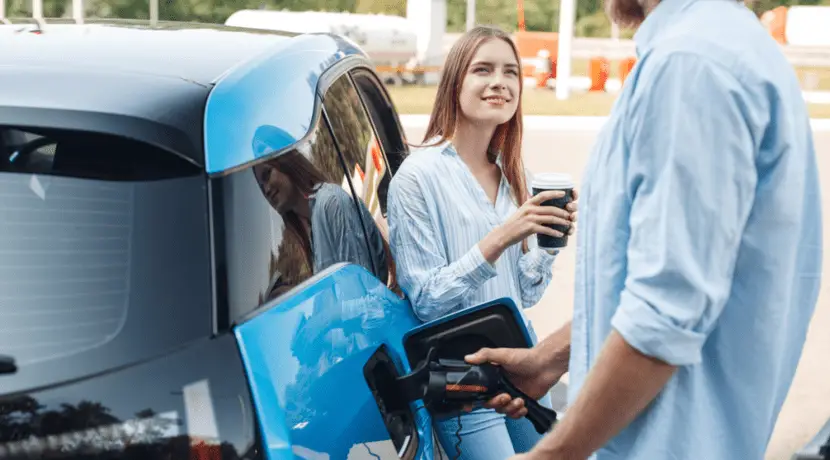How many electric cars need to have their batteries replaced?
Cellular chemistry, age, etc. June 21, 2024 6:22 p.m. Robert Klatt Electric car batteries rarely need to be replaced )kcotS ebodaaiirotkiV(Photo: © Changing the battery of an electric car is often a total economic loss. Recurrent Auto has now examined more than 20,000 used electric cars to determine the likelihood that a battery change is […]

Cellular chemistry, age, etc.
Robert Klatt
Electric car batteries rarely need to be replaced
)kcotS ebodaaiirotkiV(Photo: ©
Changing the battery of an electric car is often a total economic loss. Recurrent Auto has now examined more than 20,000 used electric cars to determine the likelihood that a battery change is necessary.
Seattle (United States). According to a study by the University of Geneva, so-called cognitive distortions often prevent people from buying an electric car. This includes the assumption that the range is too short and that electric car batteries fail quickly. Analysts Automatic recurring have now used more than 20,000 used electric cars to examine how much battery performance actually declines and how often they need to be replaced.
The battery replacement rate therefore strongly depends on the year of manufacture of the electric car. For models built before 2015, the battery would need to be replaced in a relatively large number of electric cars (13%), while for electric cars built from 2016 onwards, the replacement rate is significantly lower (1%). According to Recurrent Auto, the replacement rate is highest for electric cars built before 2011 (33%). Across the entire sample of cars examined, the probability of a battery change, which can cost 20,000 euros or more, is 2.5 percent.
Cellular chemistry, age, etc.
According to the analysis, the need for battery replacement depends on factors other than age, including cell chemistry and thermal management systems. Most older electric cars use air-cooled batteries without thermal management, causing them to age more quickly. Newer models, on the other hand, feature better cell chemistry and thermal management. They therefore age significantly more slowly, even with regular use of fast chargers.
The analysis also shows that battery capacity increased significantly between 2015 and 2022 (+122%). New electric cars may therefore face higher capacity losses than older models and only need a new battery later.














